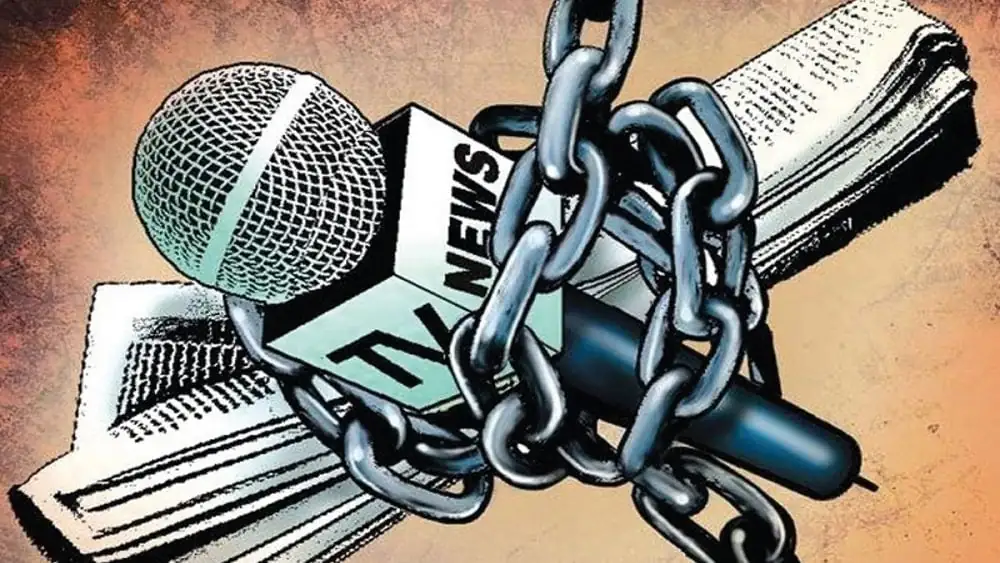St Vincent, along with other (OECS) member states, generally have strong press freedom records despite growing concerns of editorial censorship and political influence, according to the 2025 World Press Freedom Report.
In the case of St Vincent, the report stated that in 2016, St Vincent and the Grenadines passed an ambiguous cybercrime law aimed at curbing online press freedom under the guise of criminal defamation.
“It supplemented an earlier law providing that persons convicted of defamation in the print or broadcast media face up to two years in prison, adding online media to the list,” the report added.
According to the 2025 report, on several of the islands, political parties hold majority shares in media companies, undermining journalistic independence.
“Throughout the region, media outlets are under the direct influence of politicians, especially during election cycles because elected officials can withdraw state advertising from media outlets at any time, depriving them of income they depend on. This was the case in Grenada, where, in 2018, there was a cover-up of a worker’s protest against the general manager of Grenada’s Broadcasting Network, which is the only media network that provides coverage throughout the entire country.”
The report stated that while the news industry has experienced a phase of economic growth, journalists often abandon their profession because of very low salaries, an issue that mostly affects women in the region. “Journalism is not considered a prestigious or lucrative profession throughout the region.”
The death of Nation News photojournalist Christoff Griffith in Barbados in June 2020 sparked an investigation. While reporters can generally work safely and freely, they may be subject to threats or intimidation from criminal organisations.



